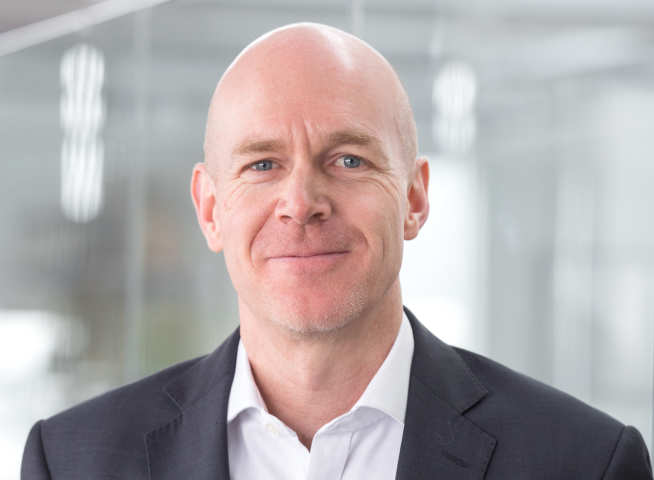It is a pleasure to report that in the past year we have launched schemes to support three key parts of our community:
- Any Imperial innovator with a business idea can now pitch for support from a team of high-profile mentors working for the Imperial Venture Monitoring Service.
- Entrepreneurial early career researchers can now apply for support and training from our programme, and the MedTech SuperConnector.
- Academics can now secure up to 95% equity of a startup company based on their research through Founders Choice.

These schemes are delivering promising new technologies, from wireless charged drones to low cost sensing of sepsis.
Our research collaborations with corporate partners continue to grow. It pleasing to see the launch of novel modes of engagement such as the Agilent Measurement Suite, and exciting new projects from long-term partners such as ABB and AstraZeneca, and new partners such as the Plato Partnership.
We also welcome new modes of engagement with business, such as the Airports Benchmarking Group in the Railway and Transport Strategy Centre, which helps airports around the world to establish best practice and improve performance.
One of the most gratifying developments on the White City Campus has been the College’s first shared wet-lab incubator space. Created in response to requests from new startups for smaller spaces and shared equipment to keep costs down, it attracted nine companies in its first year, two of which have already graduated to take up larger labs in the Incubator. This represents exciting evidence of our ecosystem’s ability to create growth and jobs in biotech and clean tech sectors.
Taking a group of ten student entrepreneurs from our Enterprise Lab as part of Imperial’s delegation to the World Economic Forum in Tianjin in September 2018 was a significant move in our work to grow collaborations with China and internationalise the support we provide our student entrepreneurs. We look forward to expanding this work in the year ahead, including exploring the concept of global co-founders for our student startups.
Optimising our entrepreneurial ecosystem challenges us to review practices within College. We continue to explore how we can work more effectively with partner communities, such as investors or entrepreneurial alumni, to engage you on a regular basis with Imperial’s entrepreneurial ideas, students and academics.
Offering clearer ways for you to navigate our sometimes complex organisation is a priority for the year ahead. I welcome any suggestions for how we can work together to match Imperial enterprising activity with a corresponding scale and diversity of collaboration and support.
Dr Simon Hepworth,
Director of Enterprise,
Imperial College London